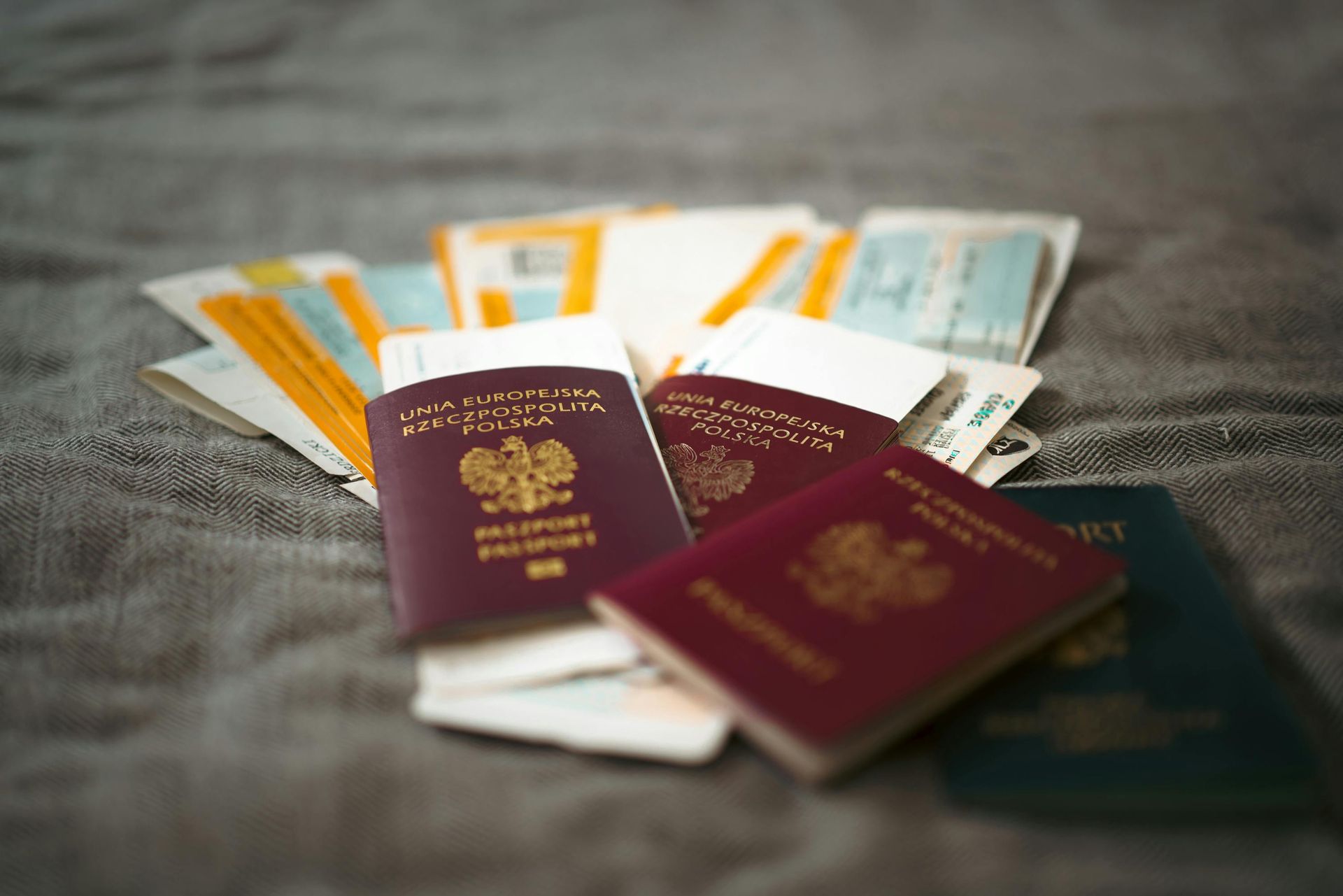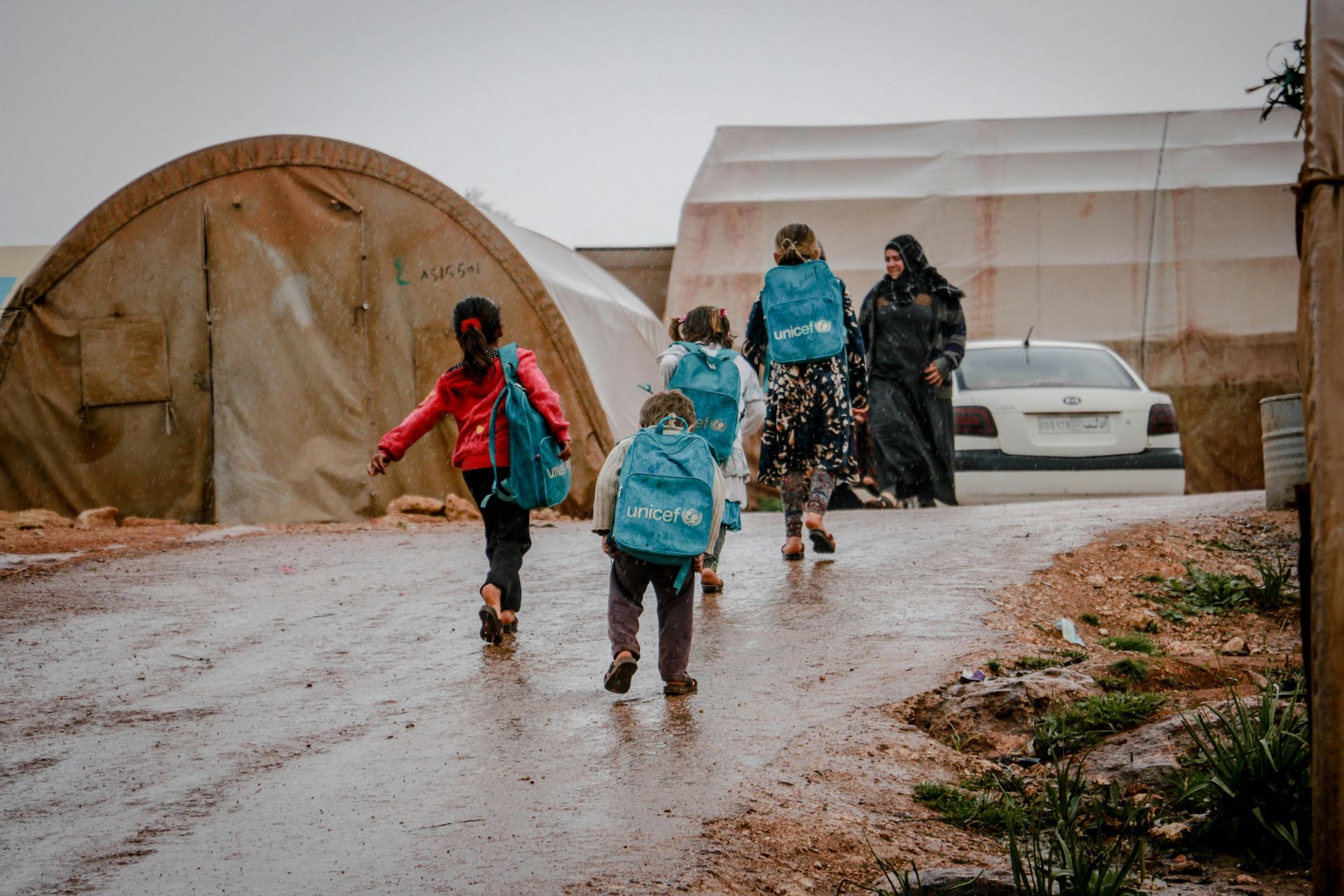Toronto, a vibrant and diverse metropolis, has long stood as a beacon for immigrants worldwide. Its multicultural fabric, robust economy, and welcoming community have made it a top destination for those seeking new opportunities and a better life. However, navigating the complex world of Canadian immigration, especially in a dynamic city like Toronto, requires a deep understanding of its evolving landscape. This comprehensive overview aims to shed light on Toronto's current immigration trends, policies, economic and social impacts, and the challenges and support systems available to newcomers.
Immigrate to Canada with one of Greater Toronto Area's Top Immigration Law Firms. Successful Canadian Immigration is only a call away with Benjamin Law Immigration. Our expert team offers personalized guidance and comprehensive solutions for your immigration journey.
The Evolving Immigration Landscape in Toronto
Toronto, as part of Ontario, has seen significant shifts in its immigration patterns and policies in recent years. While Canada maintains ambitious immigration targets, particularly for permanent residents, there's a clear move towards a more balanced approach, addressing concerns about housing and infrastructure.
Current Immigration Trends and Statistics
In 2024 and 2025, Canada has aimed for permanent resident admissions of 485,000 and 500,000 respectively, stabilizing at 500,000 for 2026. However, recent trends show a slight decrease in net international immigration to Ontario in early 2025 compared to 2024. This is a crucial point for Toronto, as a primary recipient of these newcomers.
A significant policy shift has been the introduction of intake caps for international student permits, which were set at approximately 360,000 approved study permits for 2024 and around 305,900 for 2025. This aims to stabilize growth in the international student population, which has placed considerable pressure on resources. Similarly, the government is looking to reduce the proportion of non-permanent residents in Canada to 5% of the population by 2027, down from 6.5% in 2024. These changes reflect a national effort to align immigration levels with Canada's capacity to provide adequate housing, healthcare, and social services.
Canadian Immigration Policies Impacting Toronto
The federal government's immigration policies significantly shape Toronto's immigration landscape. Several key changes are being implemented or are expected to take effect in 2025, directly influencing who comes to Toronto and under what conditions.
Policy Shifts for 2025 and Beyond
- Reduced Permanent Resident Targets: Canada has notably reduced its permanent resident targets for 2025 to 395,000, lower than previous estimates, with further reductions planned for 2026 and 2027. This signifies a more cautious approach to population growth.
- New Cap on Temporary Residents: A new cap on temporary resident arrivals is set at 673,650 for 2025, targeting a reduction in the overall temporary resident population. This impacts international students and temporary foreign workers.
- Changes to Express Entry: Starting in spring 2025, Express Entry candidates will no longer receive extra points for job offers. This change aims to reduce fraud related to fake Labour Market Impact Assessment (LMIA) job offers and refocus the system on qualifications and merit.
- Stricter Rules for Temporary Foreign Workers (TFWs): Employers in low-wage streams of the TFW program will face stricter conditions, including caps on the percentage of their workforce that can be TFWs and limitations on hiring in regions with higher unemployment rates.
- Francophone Immigration Focus: There's a continued emphasis on boosting Francophone immigration outside Quebec, with increasing targets for French-speaking permanent residents.
- Enhanced Caregiver Pilots: New caregiver pilot programs are being introduced, offering permanent residence on arrival to eligible home care workers and expanding eligibility to include workers providing part-time care.
- Limitations on "Flagpoling": Exiting and re-entering Canada at the border to process permits (flagpoling) will be significantly limited in 2025.
- Increased Use of Technology and AI: Immigration, Refugees and Citizenship Canada (IRCC) is expected to increasingly utilize technology and AI to streamline processing and enhance transparency for applicants.
Economic Impact of Immigration on Toronto
Immigration is a vital engine for Toronto's economy, contributing to labor force growth, innovation, and consumer demand. However, the rapid pace of growth has also presented challenges, particularly in housing.
Contributions and Challenges
- Labor Force Growth: Immigrants play a crucial role in filling labor market needs, especially in sectors experiencing shortages like healthcare, construction, and skilled trades. For instance, immigrants account for a significant portion of general contractors and residential builders in Canada.
- Economic Growth: Immigration fuels household spending and contributes to real GDP growth. The federal government recognizes immigration as essential for Canada's economic success and growth.
- Addressing Housing Demand: While immigrants contribute to the housing demand, the government is implementing measures to support the construction industry and address the housing supply gap, acknowledging the link between population growth and housing affordability.
- Regional Disparities: Immigrants tend to settle in large urban centers like Toronto, reinforcing growth in these areas, but also exacerbating housing pressures where demand is already high.
Social and Cultural Impact of Immigration
Toronto's identity is inextricably linked to its multiculturalism, a direct result of continuous immigration. The social and cultural contributions of newcomers enrich the city in countless ways.
Diversity and Integration
- Vibrant Multiculturalism: Toronto is renowned for its diversity, with Newcomer Day being an annual celebration of its immigrant residents. Events like these foster a sense of belonging and provide crucial resources.
- Cultural Exchange: Immigrants introduce new traditions, cuisines, arts, and perspectives, contributing to a dynamic and evolving cultural landscape.
- Community Building: Newcomers often establish community organizations that provide support networks, preserve cultural heritage, and facilitate integration into Canadian society.
- Public Perception: While overall support for immigration remains strong in Canada, there are growing public concerns, particularly linking immigration levels to housing affordability and the capacity of public services. This highlights the importance of effective integration strategies.
Challenges Faced by Immigrants in Toronto
Despite Toronto's welcoming nature, immigrants often encounter various challenges during their settlement journey.
Key Hurdles for Newcomers
- Housing Affordability and Availability: This remains a significant hurdle, with high housing prices in Toronto being directly linked to high population growth, including immigration.
- Employment and Underemployment: While there are job opportunities, newcomers can face difficulties in securing employment that aligns with their qualifications and experience, leading to underemployment.
- Access to Services: Pressure on healthcare, social services, and infrastructure due to rapid population growth can lead to longer wait times and reduced accessibility for all residents, including newcomers.
- Language Barriers: For those not proficient in English or French, language can be a significant barrier to employment, education, and social integration.
- Recognition of Foreign Credentials: Many skilled immigrants struggle to have their international qualifications and work experience recognized in Canada, leading to challenges in finding professional employment.
- Social Isolation: Despite a diverse community, some newcomers can experience social isolation, especially if they lack initial support networks.
Support Services for Immigrants in Toronto
A robust network of support services exists in Toronto to assist newcomers in navigating their challenges and integrating into Canadian society.
Resources and Assistance
- Settlement Agencies: Numerous organizations throughout Toronto, such as Access Alliance Multicultural Health and Community Services, COSTI, and WoodGreen, offer a wide range of settlement services. These include language training, employment assistance, housing support, legal aid referrals, and community integration programs.
- Government Initiatives: The City of Toronto, in collaboration with provincial and federal governments, provides resources and programs aimed at assisting immigrants. Events like Toronto Newcomer Day connect newcomers with vital services.
- Employment Services: Agencies offer resume building, interview preparation, job search assistance, and connections to employers, sometimes including specific programs for skilled trades or older workers.
- Healthcare Navigation: Support is available to help newcomers understand and access the Canadian healthcare system.
- Legal Aid and Immigration Consultants: Services are available to guide newcomers through the complexities of immigration law, from applying for permanent residency to understanding work permits and citizenship.
Conclusion
Toronto's immigration landscape is a dynamic and ever-evolving mosaic. While the city continues to embrace its role as a global magnet for newcomers, recent policy shifts reflect a national effort to balance immigration levels with the capacity of existing infrastructure and social services. For those considering making Toronto their home, understanding these trends, policies, and the available support systems is paramount.
At Benjamin Law Immigration, we are dedicated to making the complex Canadian immigration system simple. Our expert team offers personalized guidance and comprehensive solutions for your immigration journey, ensuring you have a clear path to Canada. Whether you are navigating work permits, permanent residency, or family sponsorships, our commitment is to your success. With Benjamin Law Immigration, successful Canadian Immigration is only a call away.
Disclaimer: This blog post is intended for informational purposes only and does not constitute legal advice or create a lawyer-client relationship. Immigration laws, policies, and economic conditions are complex and subject to change. You should consult with a qualified Canadian immigration lawyer regarding your specific situation. Contact Benjamin Law Immigration for personalized legal counsel licensed to practice immigration law in Canada.


BOOK YOUR FREE CONSULTATION
Fill out the Case Evaluator form below to discuss your case or claim with one of our experienced Family-First legal professionals. At Benjamin Law, we work hard, and fast to get you justice, to solve your problems, and get you the compensation that you deserve.



